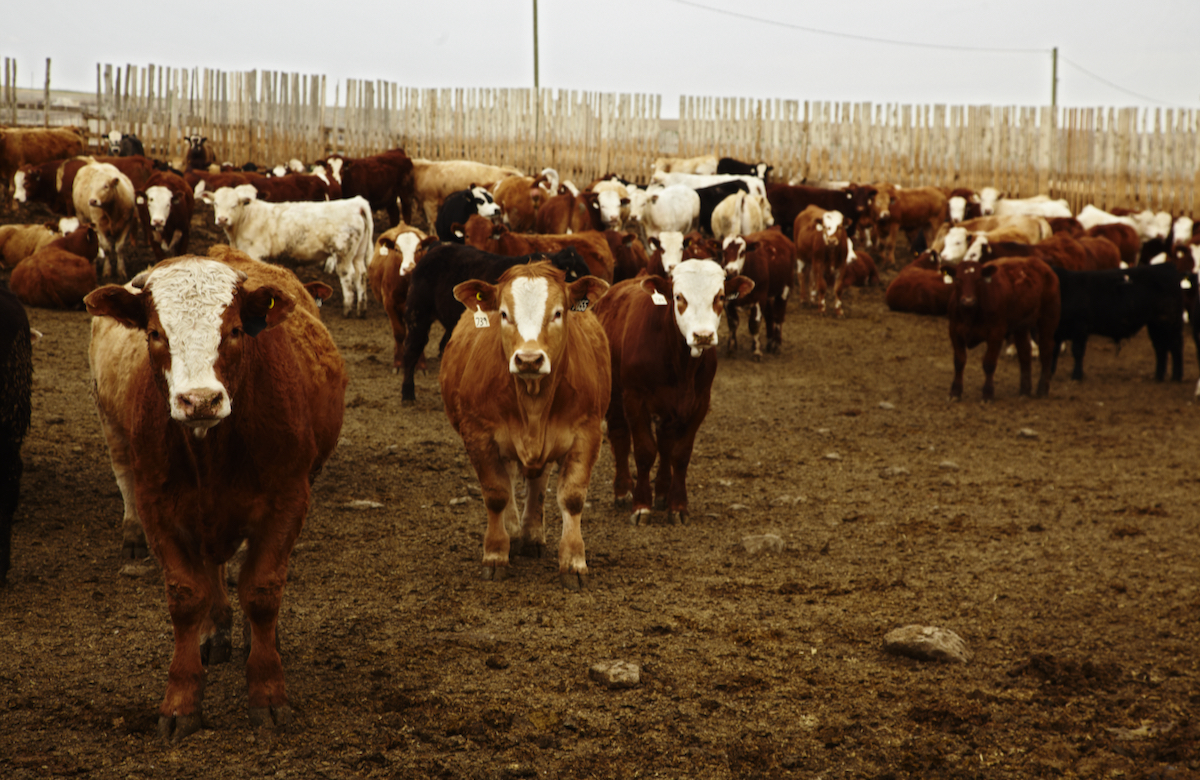A domestic technical obstacle has been cleared out of Canadian pork’s export path to the European Union, the Canadian Pork Council said Friday.
The Canadian Food Inspection Agency last week made changes to its Manual of Procedures, which will allow pork packers to apply health mark labels after pork has been frozen, the council said.
The previous provision, which required such labels to be applied to boxes before the product was eligible to be exported, has until now “effectively prevented the industry from benefiting” from the Comprehensive Economic and Trade Agreement (CETA) in place between Canada and the EU, the pork council said.
Read Also

U.S. livestock: Cattle at fresh highs, hogs weaken
Cattle futures on the Chicago Mercantile Exchange climbed to fresh highs on Tuesday, as tight supplies and the ongoing closure…
For export to the European Union, Canadian pork must undergo a cold treatment, which usually takes place in a cold storage facility, Ron Davidson, the Canadian Meat Council’s director for international trade, explained last month on the pork industry program Farmscape.
The pork industry, he said, “needs to be able to apply that health label to the boxes in the cold storage, because all of the production that’s eligible for the EU won’t actually be sold to the EU.
“We’ll only be selling certain cuts from each carcass, so it’s very important that we apply the EU health label only to the boxes that are going to Europe, not to those that will be going someplace else.”
“The elimination of this barrier enables increased sales, which is of utmost importance to a prosperous pork sector,” council chair Rick Bergmann, a Steinbach, Man. hog producer, said in a release Friday.
“Europe is a very important pork-consuming region of the world,” Neil Ketilson, chair for Canada Pork International, said in the same release. “It would greatly benefit Canada if pork producers could quickly set the basis for a long-term presence in this market.”
However, with this issue resolved, “industry and government must focus (their) efforts on having the EU approve the full suite of antimicrobial interventions used in Canada to enhance food safety,” meat council CEO Chris White said in the same release, noting those “interventions” are accepted by food safety authorities in Canada, the U.S., Japan and several other countries.
“We also use antimicrobial treatments in Canada which have not been approved by the European Union so there is additional research required on the antimicrobial part,” Davidson said on Farmscape last month. — AGCanada.com Network
















